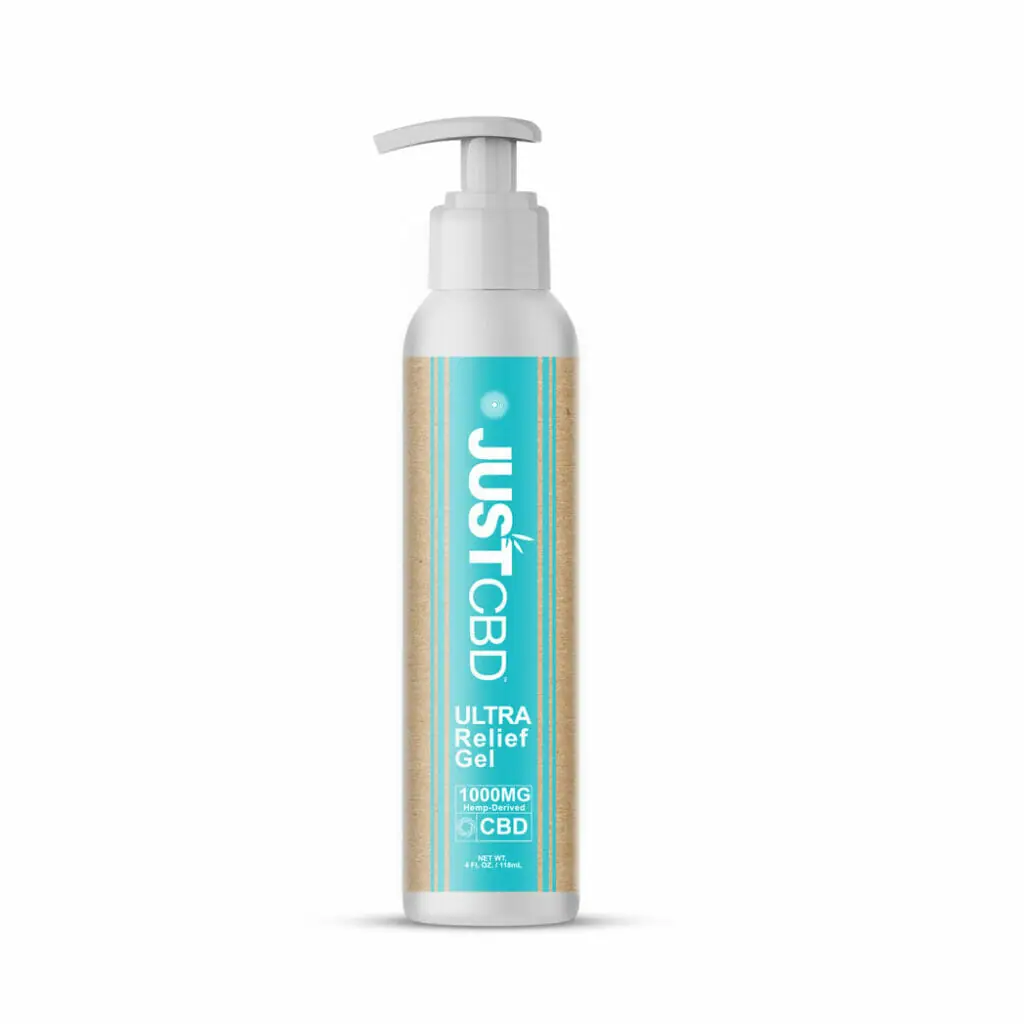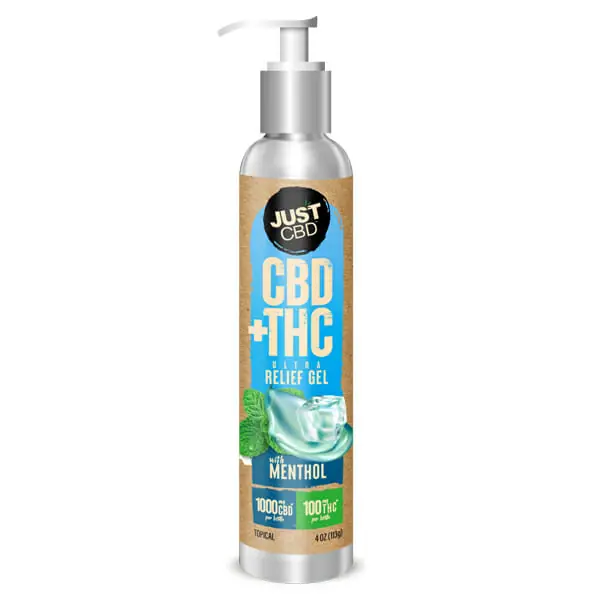Is CBD Cream Effective For Skin Conditions Like Eczema And Psoriasis?
CBD and Skin Conditions
Cannabidiol, or CBD, has become increasingly popular in recent years, touted for its potential therapeutic benefits. From anxiety relief to pain management, CBD is finding its way into various products, including skincare. Many individuals with skin conditions like eczema and psoriasis are turning to CBD cream as a possible treatment option, hoping to find relief from their persistent discomfort and inflammation.
Mechanism of Action
CBD interacts with the body’s endocannabinoid system (ECS), which plays a crucial role in regulating various physiological processes, including immune responses and skin health.
The ECS consists of cannabinoid receptors (CB1 and CB2) found throughout the body, including the skin. CBD binds to these receptors, influencing signaling pathways involved in inflammation, pain perception, and cell growth.
In the context of skin conditions like eczema and psoriasis, CBD’s potential benefits stem from its anti-inflammatory and immune-modulating properties. It may help reduce redness, itching, and scaling associated with these conditions by suppressing the release of pro-inflammatory molecules and cytokines.
Scientific Evidence for Eczema
While there is growing interest in CBD as a treatment for skin conditions like eczema and psoriasis, scientific evidence supporting its effectiveness is still limited. Most available research consists of small-scale studies and anecdotal reports.
Some preclinical studies on animals have shown promising results, demonstrating CBD’s ability to reduce inflammation and improve symptoms associated with skin diseases. However, translating these findings to humans requires further rigorous clinical trials.
One study involving individuals with eczema found that topical application of CBD cream led to a reduction in itch severity and skin redness. However, more research is needed to determine the optimal dosage, frequency of application, and long-term effects of CBD for eczema treatment.
Scientific Evidence for Psoriasis
The potential benefits of CBD for psoriasis stem from its anti-inflammatory and immune-modulating properties.
Psoriasis is a chronic autoimmune disease characterized by the rapid buildup of skin cells, resulting in red, itchy, scaly patches.
CBD may help regulate the immune system’s overactive response in psoriasis, potentially reducing inflammation and slowing down skin cell growth.
While there are some small studies suggesting that CBD might be beneficial for psoriasis symptoms, more rigorous research is needed to confirm its effectiveness and determine optimal dosages.
It’s important to consult a healthcare professional before using CBD as a treatment for psoriasis, as it may interact with other medications or have potential side effects.
Potential Benefits of CBD Cream for Skin Conditions
The rising popularity of cannabidiol (CBD) has led many individuals suffering from skin conditions like eczema and psoriasis to explore its potential benefits.
Reduced Inflammation
CBD interacts with the body’s endocannabinoid system (ECS), which plays a crucial role in regulating immune responses and skin health. The ECS consists of cannabinoid receptors found throughout the body, including the skin. CBD binds to these receptors, influencing signaling pathways involved in inflammation, pain perception, and cell growth.
In the context of skin conditions like eczema and psoriasis, CBD’s potential benefits stem from its anti-inflammatory and immune-modulating properties. It may help reduce redness, itching, and scaling associated with these conditions by suppressing the release of pro-inflammatory molecules and cytokines.
While there is growing interest in CBD as a treatment for skin conditions like eczema and psoriasis, scientific evidence supporting its effectiveness is still limited. Most available research consists of small-scale studies and anecdotal reports.
Some preclinical studies on animals have shown promising results, demonstrating CBD’s ability to reduce inflammation and improve symptoms associated with skin diseases. However, translating these findings to humans requires further rigorous clinical trials.

Pain Relief
CBD cream has gained popularity as a potential treatment for skin conditions like eczema and psoriasis due to its anti-inflammatory and immune-modulating properties. It interacts with the body’s endocannabinoid system (ECS), which plays a role in regulating immune responses and skin health.
By binding to cannabinoid receptors found in the skin, CBD may help reduce inflammation, itching, and scaling associated with these conditions.
Although there is growing interest and some promising preclinical research, more clinical trials are needed to confirm CBD’s effectiveness and determine optimal dosages for treating eczema and psoriasis.
It’s important to consult a healthcare professional before using CBD cream, as it may interact with other medications or have potential side effects.
Moisturization
CBD cream is gaining attention as a potential remedy for skin conditions like eczema and psoriasis due to its anti-inflammatory and immune-modulating properties.
It works by interacting with the body’s endocannabinoid system (ECS), which plays a crucial role in regulating skin health and immune responses.
The ECS consists of cannabinoid receptors located throughout the body, including the skin. CBD binds to these receptors, influencing signaling pathways involved in inflammation, pain perception, and cell growth.
For conditions like eczema and psoriasis, CBD may help reduce redness, itching, and scaling by suppressing the release of pro-inflammatory molecules and cytokines.
Although research on CBD’s effectiveness for skin conditions is still developing, some preclinical studies in animals have shown promising results in reducing inflammation and improving symptoms associated with skin diseases.
However, more rigorous clinical trials are needed to confirm these findings and determine optimal dosages for human use.
Considerations and Risks of Using CBD Creams
While CBD oil has gained popularity as a potential treatment for various health conditions, its use in skincare is also on the rise. Many individuals with skin conditions like eczema and psoriasis are exploring CBD cream as a possible relief option. However, it is important to consider the potential risks and limitations associated with using CBD topicals before incorporating them into your skincare routine.
Drug Interactions
When considering the use of CBD creams for skin conditions, it’s crucial to be aware of potential risks and interactions. Firstly, while generally considered safe, some individuals may experience mild side effects like skin irritation, redness, or allergic reactions. It’s always advisable to perform a patch test on a small area of skin before applying CBD cream more widely.
Secondly, CBD can interact with certain medications, particularly those that affect the liver or blood clotting. Individuals taking prescription drugs should consult their doctor before using CBD creams to avoid potential adverse interactions.
Additionally, the quality and potency of CBD products can vary significantly depending on the brand and manufacturing process. Choosing reputable brands that provide third-party lab testing results can help ensure product safety and efficacy.
Allergic Reactions
While CBD cream shows promise for skin conditions like eczema and psoriasis, it’s crucial to be aware of potential risks and interactions. Allergic reactions are a possibility, so a patch test is recommended before widespread application.
CBD can interact with certain medications, particularly those affecting the liver or blood clotting. Consulting a doctor before using CBD cream is advisable, especially for individuals on prescription drugs.
The quality and potency of CBD products can vary widely. Opting for reputable brands that provide third-party lab testing results can help ensure product safety and efficacy.
Quality Control Issues
When considering the use of CBD creams for skin conditions, it’s crucial to be aware of potential risks and limitations.
Firstly, while generally considered safe, some individuals may experience mild side effects like skin irritation, redness, or allergic reactions. It’s always advisable to perform a patch test on a small area of skin before applying CBD cream more widely.
Secondly, CBD can interact with certain medications, particularly those that affect the liver or blood clotting. Individuals taking prescription drugs should consult their doctor before using CBD creams to avoid potential adverse interactions.
One significant concern is the lack of standardized quality control in the CBD industry. The potency and purity of CBD products can vary widely depending on the brand, manufacturing process, and sourcing of hemp. This variability makes it challenging to determine the actual amount of CBD being delivered and the potential for contaminants or impurities.
The absence of strict regulations and oversight in the production and labeling of CBD products raises concerns about product quality and safety. It is essential to choose reputable brands that provide third-party lab testing results to ensure transparency and verify the product’s content, purity, and potency.
Choosing a Quality CBD Cream
Choosing a quality CBD cream for skin conditions like eczema and psoriasis is crucial for ensuring both effectiveness and safety.
Extraction Method
When selecting a CBD cream for skin conditions, one of the most important factors to consider is the extraction method used to obtain the CBD.
Two common methods are CO2 extraction and solvent-based extraction.
CO2 extraction involves using pressurized carbon dioxide to extract CBD from the hemp plant. This method is generally considered safer and more effective as it produces a purer product with minimal residual solvents.
Solvent-based extraction, on the other hand, utilizes chemical solvents like butane or propane to extract CBD. While this method can be less expensive, it may leave behind traces of solvents in the final product, which could potentially pose health risks.
Lab Testing
Choosing a quality CBD cream involves looking beyond just the brand name. Third-party lab testing is essential to ensure what’s stated on the label aligns with reality. Reputable brands will openly provide these test results, revealing information about the product’s cannabinoid content (CBD percentage), terpene profile, and the absence of harmful contaminants like pesticides or heavy metals.
These lab reports offer transparency and peace of mind, allowing you to make an informed decision about the CBD cream’s quality and safety.
Ingredients List
Selecting a high-quality CBD cream begins with scrutinizing the ingredient list.
First, look for products that prioritize organic and natural ingredients, avoiding synthetic additives or fragrances that may irritate sensitive skin.

Pay close attention to the concentration of CBD listed on the label. This indicates the potency of the cream and how much CBD you’ll be applying topically.
Consider seeking creams containing other beneficial ingredients known to support skin health, such as:
- Hemp seed oil: Rich in fatty acids that help moisturize and nourish the skin.
- Aloe vera: Known for its soothing and anti-inflammatory properties.
- Calendula: Traditionally used to promote healing and reduce inflammation.
- Coconut oil: A natural moisturizer with antimicrobial properties.
Conclusion
The potential benefits of CBD for skin conditions like eczema and psoriasis are attracting growing attention, but it’s essential to approach its use with a balanced perspective.
- More Research Is Needed: While promising preclinical studies and some anecdotal reports suggest that CBD might be beneficial, more rigorous clinical trials are necessary to confirm its effectiveness for treating eczema and psoriasis.
- Individual Responses Vary: Just as with any treatment, individuals may respond differently to CBD. Some people may experience significant relief from symptoms, while others may see limited or no improvement.
- Potential Side Effects: Although generally considered safe, CBD can cause mild side effects like skin irritation, redness, or allergic reactions in some individuals. It’s important to start with a low dose and monitor for any adverse reactions.
- Quality Control Is Crucial:** The CBD industry lacks standardized regulations, meaning product quality and potency can vary significantly. Choosing reputable brands that provide third-party lab testing results is essential to ensure safety and efficacy.
- Consult a Healthcare Professional: It’s always advisable to consult a healthcare professional before using CBD for any medical condition, especially if you are taking other medications or have pre-existing health concerns.
By approaching CBD use with caution and realistic expectations, individuals with skin conditions can explore its potential benefits while prioritizing their overall health and well-being.
CBD Cream for natural skin care
- How To Tell If Someone Has Had Fillers? - September 25, 2025
- Gummy Smile Treatment – Gum Contouring Near Mickleham, Surrey - September 23, 2025
- Filler For Volume Loss In Knaphill, Surrey - September 22, 2025
